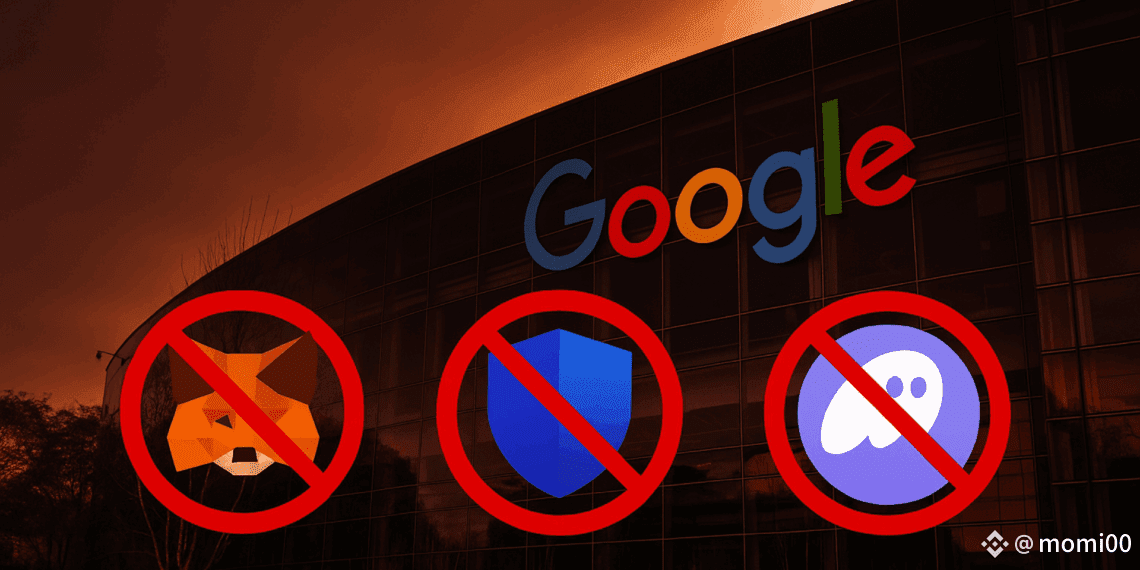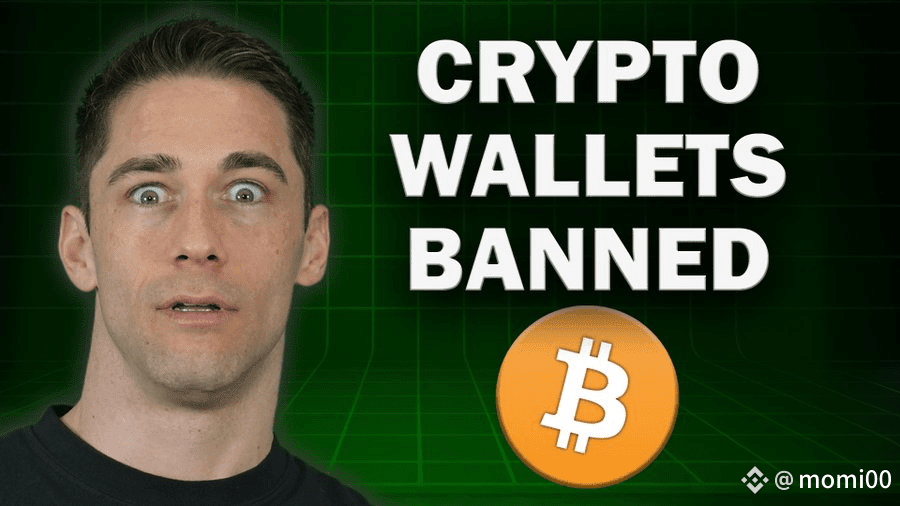
Google briefly sparked panic by updating its Play Store policies in a way that seemed to ban non-custodial wallets like MetaMask and Phantom.
A wave of backlash from users, developers, and advocacy groups prompted Google to clarify and reverse course, assuring users that their wallets remain safe.
The incident exposed the fragility of crypto’s mobile access under Big Tech gatekeepers, highlighting the need for decentralized alternatives.
The Crypto Community Pushes Back
The backlash was swift and furious. Developers, investors, and policy experts called the move reckless. Justin Slaughter of Paradigm called out the absurdity of wallets needing federal banking licenses, labeling it “a surprising move amid antitrust litigation.” On Reddit’s Ethereum forum, one thread—“Google Play bans non-custodial wallets?! Is MetaMask next?”—racked up thousands of comments. Users openly mocked the logic of treating open-source wallet apps like banks, with one post bluntly asking: “So $BTC wallets need a banking license now? Are they insane?”
The outrage wasn’t limited to retail users. Industry groups like Coin Center and The Blockchain Association immediately raised red flags. For developers, the threat was more than regulatory—it was survival. If wallet apps disappeared from Android’s ecosystem, they’d lose access to billions of devices worldwide. That would’ve been devastating not just for adoption, but for the basic usability of crypto itself.
Google’s U-Turn: What Happened
Then, almost as quickly as the storm erupted, Google backed down. The company updated its Help Center to clarify: custodial wallets would face regulatory requirements depending on jurisdiction, but non-custodial apps—those where users hold their keys—were safe. MetaMask, Trust Wallet, Phantom, Rainbow, all of them were never supposed to be targeted.

Insiders say the reversal wasn’t just about bad PR. The pushback came from every angle—developers, advocacy groups, even Google’s own partnerships team, which reportedly warned that enforcing such rules could strain relationships with companies already working on Web3 integrations. Add in the messy legal landscape with Europe’s MiCA rules and U.S. Treasury guidelines, and it became clear Google didn’t want to set itself up as the global regulator of wallets. The U-turn was less about caving to Twitter outrage and more about avoiding a regulatory nightmare.$BNB $ETH #MarketPullback #StrategyBTCPurchase #googleban